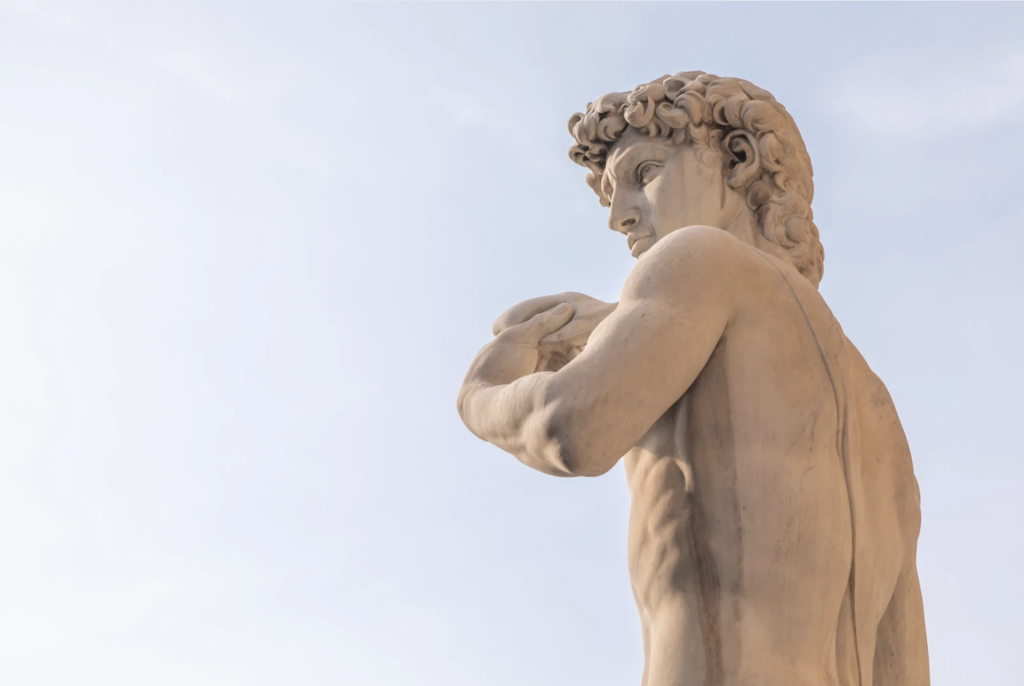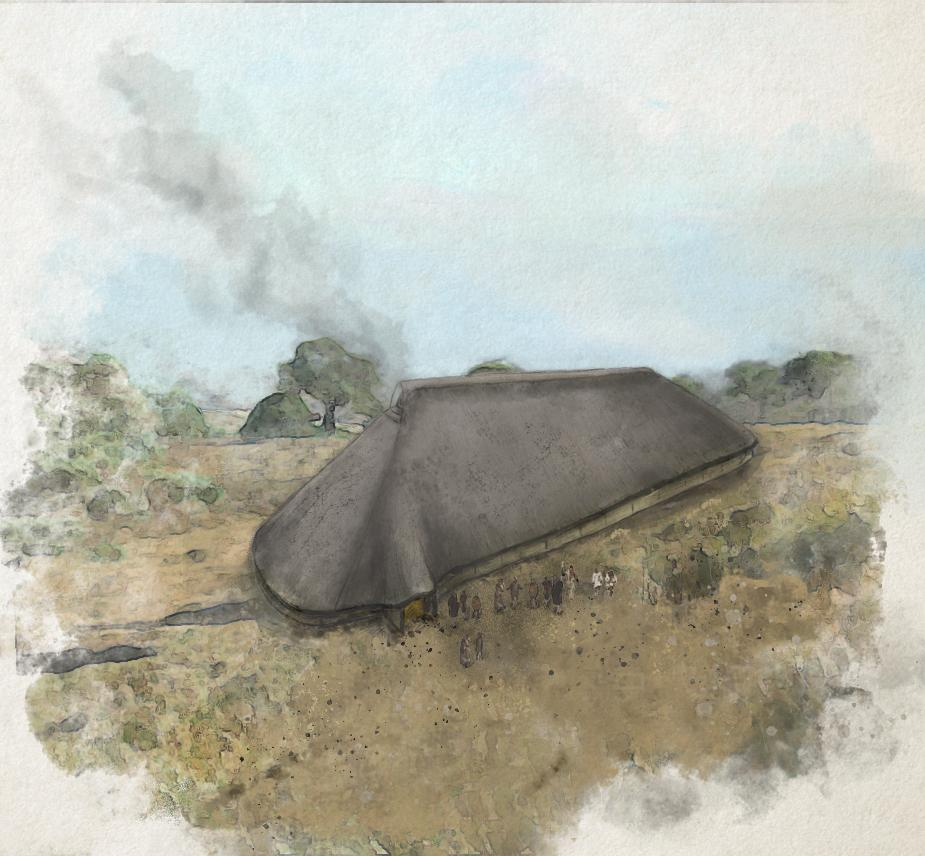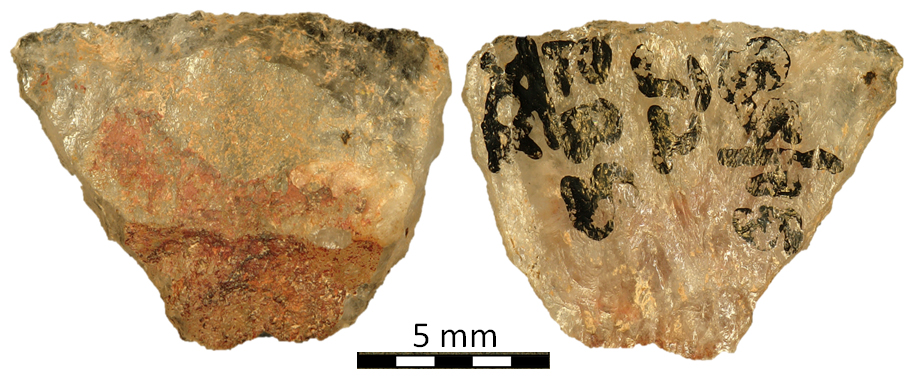Ancient Egypt is a realm of mysteries and eerie practices. They believed death was a transformation, not an end, using necromancy to communicate with the deceased. Ushaptis, figurines, acted as substitutes in the afterlife. Necromancy served pragmatic and ritual purposes.
The Curse of the Pharaohs, famous in pop culture, had roots in protecting pharaohs' tombs. Curses were inscribed, believed to bring misfortune. Even though science debunked the curse, it endures as a chilling narrative.
Servant sacrifice, practiced early on, saw servants buried with pharaohs. They believed servants would continue their duties in the afterlife. This grim practice reflected their deep belief in the afterlife's continuation.
Ancient Egyptian carvings depict sacrifice
Ingesting gold for immortality was another belief. Gold, consumed in various forms, was thought to grant eternal life. Modern science recognizes gold's use in medicine, adding a curious twist to this ancient practice.
The concept of Ma'at represented truth and justice. The weighing of the heart against Ma'at's feather decided one's fate in the afterlife. Magic, spells, dental implants, and rituals involving red beer, animals, and even human fat reveal the complexities of ancient Egyptian beliefs and practices.
Dream interpretation was highly valued, seen as divine guidance from the gods. These practices offer a glimpse into a civilization's intriguing, if eerie, worldview.
In the following video we will analyze 15 creepy things that were normal in Ancient Egypt. Watch the video to find out more!








